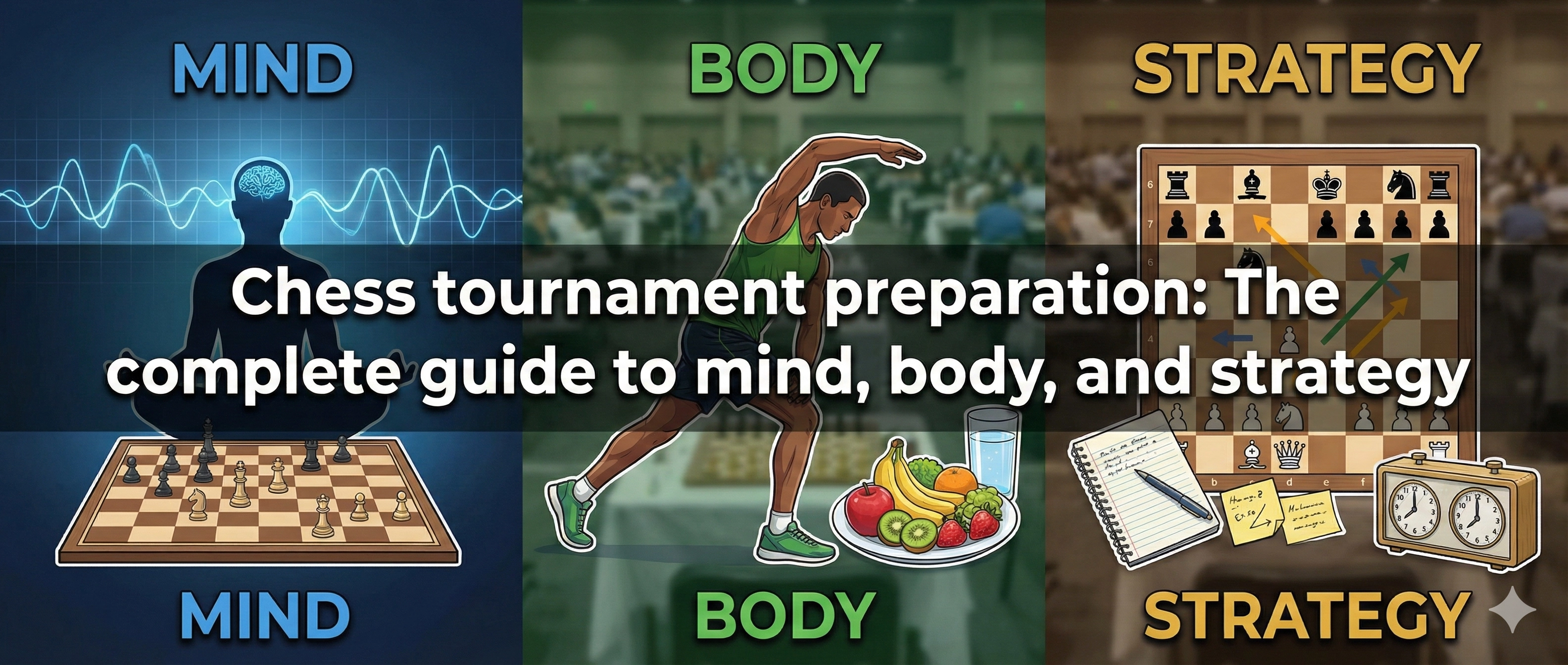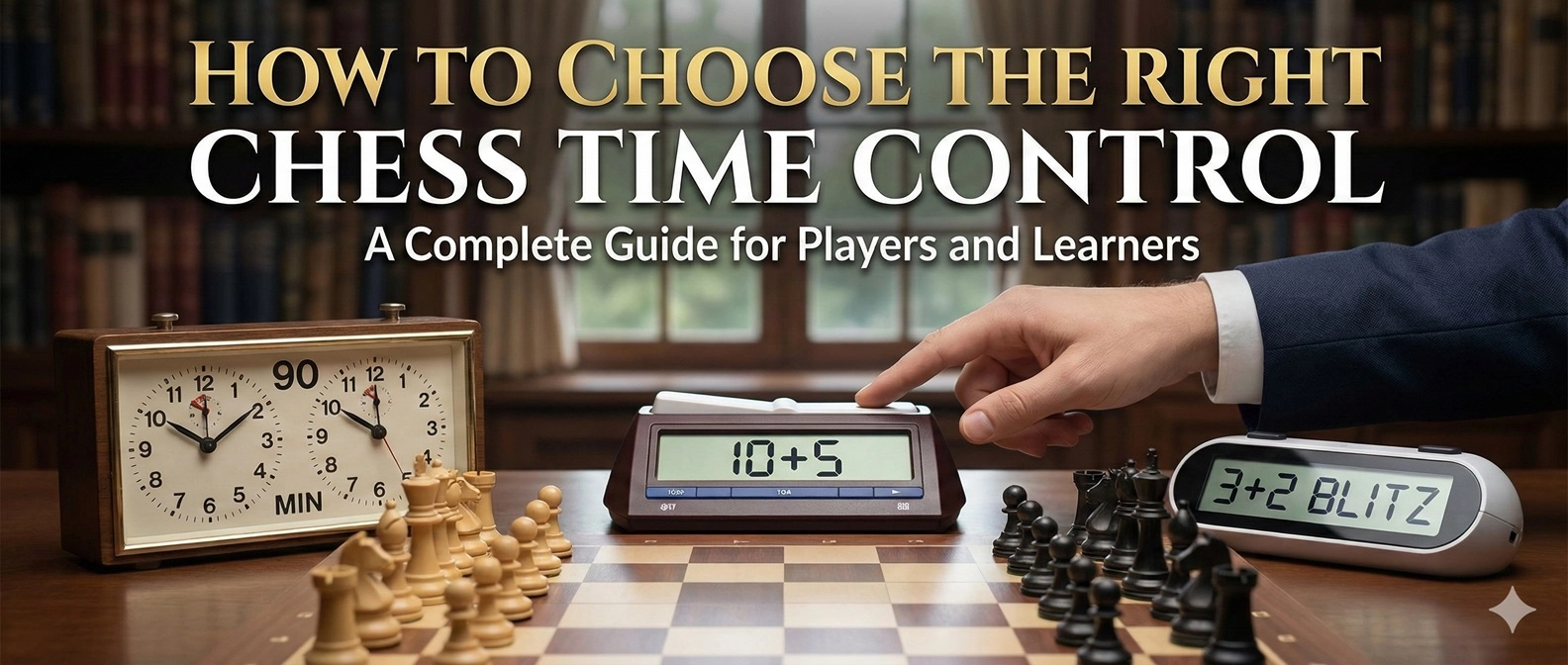More parents are opting for online education and homeschooling since the pandemic. As a result, there’s a new wave of using an Abacus for teaching math to young kids. If you’re also finally caught up in this wave, you’ve come to the right place.
Beginning with the pros and cons of using an Abacus, I will answer every question related to the abacus.
- What are the Pros and Cons of Using an Abacus?
- Pros of Using an Abacus
- Cons of Using an Abacus
- Conclusion
- FAQs
- 1. What is an Abacus and how is it used in Education?
- 2. What are the benefits of using an Abacus in the classroom?
- 3. Are there any drawbacks to using an Abacus in education?
- 4. Is Abacus training beneficial for all students?
- 5. How does Abacus training compare to modern teaching methods in mathematics?
- 6. Can Abacus training help with learning disabilities?
- 7. How can parents support their children’s learning with the Abacus at home?
- 8. Where can I find abacus training resources for my child?
What are the Pros and Cons of Using an Abacus?
1. Abacus
Dating back to 300 BC with the Babylonians’ Salamis tablet, the abacus evolved from pebbles and sticks into the rods and beads we use today. From the Chinese Suanpan to modern versions, it remains a simple yet powerful way to learn and practice math.
2. The Chinese Abacus is called Suanpan
To know more about what Danish abacus is, read What is Abacus.
Later, it traveled from China, through Taiwan, Korea, Japan, and India to the West. Currently, many schools in the U.S and many European countries

It is used to teach counting numbers and represent bigger numbers keeping in mind their place values. An abacus is also used in primary schools to teach addition, subtraction, multiplication, and division.
Pros of Using an Abacus
1. Learning Mental Math
Mental math is the ability to solve mathematical calculations in your mind without using any calculator. It’s an effective skill that not only makes the child math-confident but also helps them in higher exams (like SAT and university entrance tests.)
In Japan, many companies consider efficient calculating skills as the primary benchmark of staff selection.
Young adults and children prepare themselves for future job prospects by taking regular Abacus classes from an early age. Receiving proper Abacus training teaches you the ability to calculate bigger numbers in your mind within seconds.
If you learn mental math using an abacus, you’ll also be able to conduct huge calculations in your mind and save significant time during tests.
Looking for abacus instructor?
2. Teaching Counting
Effectively Abacus learning is the best tool at your disposal when it comes to teaching numbers and basic counting to kids. You can introduce an abacus as early as you want.
Let the little one get familiar with the counting device, and then begin your process.
The colorful beads catch children’s attention easily and help them understand the basic concept behind the number.
You can separate one bead (to the right) in the first row, 2 beads on the 2nd row, 3 beads on the 3rd row, and so on. One of the biggest perks of using an abacus is teaching numbers to kids. Use it correctly, and you’ll see results.

3. Abacus Users
Become Intuitive & Creative Young kids generally use the left side of their brains to decode sounds, understand language, and analyze information.
Kids who use the right side of their brains tend to become more sensitive and intuitive and show signs of critical thinking. Using an abacus involves the functioning of two hands at the same time.
According to studies, moving the abacus beads with two hands stimulates the brain cells on both sides of the brain. As a result, using an abacus boosts intuitive and imaginative capabilities in children.
It also enhances visualization. In simpler words, using an Abacus impacts a child’s brain development which shows in their artistic abilities and academic performance.
4. Reduces Symptoms of Alzheimer’s Disease
Dementia, & Dyslexia Many studies have proven over the years that using an abacus can reduce symptoms of memory-related or cognition-impairment issues.
Firstly, if an individual practices abacus regularly, their chances of suffering from Alzheimer’s disease, dementia, and dyslexia are reduced dramatically.
Secondly, if someone is already suffering from such problems, using an abacus daily can help reduce the symptoms. Also, using this calculator enhances one’s photographic memory. Therefore, you don't need to be a kid in order to learn abacus.


5. Makes Math Fun Honestly
Kids never care if a calculating device is scientifically proven beneficial. All they need is to have fun,using an abacus can help with that. Here, I am talking about young children between 3 to 10 years old.

Cons of Using an Abacus
1. Not Suitable for Advanced Mathematical Calculation Yes
Indeed, the Abacus is a great instrument for conducting mathematical operations with single-digit numbers or more, but there’s a limit. One can add, subtract, multiply, and divide on the ancient calculator.
If you train further, you can also extract square and cube roots, but what after that? Using the abacus up to solving middle school arithmetics is fine.
When one reaches high school, the abacus becomes an outdated calculator. Also, the modern calculator is so efficient that the abacus gets reduced to a mere toy.
2. Not Portable If you haven’t learned finger abacus or mental math.
You’re as good as having no calculator during an exam. An Abacus is a visibly bigger device than a modern calculator.
If you need it to calculate sums during exams or any other occasion you won’t be able to carry it. Therefore, the biggest cons of using an abacus is that it’s not portable or user-friendly.
3. Time-Taking & Lengthy Counting Process
Abacus is an ancient calculator meant to help people with their day-to-day calculations. Around a thousand years ago, this counting device was a miraculous invention.
However, given the fact that we have a modern calculator conducting math operations within mili-seconds, the abacus appears to be a time-consuming inefficient device.
Especially for people who haven’t learned finger abacus and mental math, it might take a lot of time to calculate, making it a disadvantage of using an abacus.
4. The Calculating Methods
Confusing some people conduct math operations on the abacus by sliding the beads from left to right, while others slide the beads from right to left.
My point is that there’s no fixed method of conducting math operations on the Abacus. This is why it’s often confusing to beginners and kids, becoming one of the major disadvantages of using the Abacus.

Conclusion
Abacus, as a counting device, has its pros and cons. Its biggest limitation is time and efficiency in counting advanced mathematics.
But my question is, why should we rely on an abacus for advanced calculations? We have the modern calculator to do so.
As an Abacus user, I would rather suggest you look at the perks of using an Abacus. Try to use an abacus to sharpen your memory and train in mental math.
Instead of worrying if an Abacus is helpful or not, I suggest you try gaining those benefits.
FAQs
1. What is an Abacus and how is it used in Education?
The Abacus is an ancient calculating tool that consists of a frame with rods or wires on which beads are moved to perform arithmetic operations.
In education, it's used to teach mathematical concepts, enhance counting skills, and improve mental calculation abilities. It serves as a tactile aid for young learners, making the learning process engaging and interactive.
2. What are the benefits of using an Abacus in the classroom?
Using an abacus in education has several benefits, including:
Enhanced Mathematical Understanding: It helps students visualize mathematical concepts and operations, fostering a deeper understanding of numbers.
Improved Mental Math Skills: Regular practice with an abacus can significantly boost students' mental calculation speed and accuracy.
Development of Cognitive Skills: It encourages memory skills, concentration, and attention to detail, beneficial in various aspects of learning.
Increased Engagement: The hands-on nature of the abacus keeps students engaged and interested in learning mathematics.
3. Are there any drawbacks to using an Abacus in education?
While there are many advantages, some potential drawbacks include:
Limited Scope of Use: The abacus is primarily effective for basic arithmetic; advanced mathematical concepts may require different tools or methods.
Require Proper Training: Teachers need appropriate training to effectively use an abacus in teaching, which may not always be available.
Time-Consuming: Learning to use an abacus might take time, which could impact the overall pace of the mathematics curriculum.
4. Is Abacus training beneficial for all students?
Abacus training can be particularly beneficial for young learners, typically aged 5 - 12, as it helps develop foundational math skills. However, individual student needs may vary; some may thrive with an abacus, while others may prefer modern tools. Its effectiveness can depend on each student’s learning style.
5. How does Abacus training compare to modern teaching methods in mathematics?
Abacus training focuses on tactile, hands-on learning, which can boost conceptual understanding and memory. In contrast, modern teaching methods often rely on digital tools and abstract concepts.
The best approach often combines both traditional tools like the abacus and contemporary technology to cater to diverse learning preferences.
6. Can Abacus training help with learning disabilities?
Yes, abacus training can benefit students with learning disabilities by providing a structured method for understanding numbers and calculations.
The visual and tactile nature of the abacus can be particularly helpful for visual-spatial learners, providing them with an alternative way to grasp mathematical concepts.
7. How can parents support their children’s learning with the Abacus at home?
Parents can support their children's abacus learning by:
Encouraging regular practice at home with the abacus.
Engaging in math games that utilize the abacus for problem-solving.
Collaborating with their child’s teacher to understand what concepts are being taught and reinforcing those at home.
Providing positive reinforcement and celebrating small successes to build confidence.
8. Where can I find abacus training resources for my child?
There are various resources available for abacus training, including:
Local abacus learning centers or classes.
Online courses and tutorials that guide children through the basics of using an abacus.
Educational kits that include an abacus along with instructional materials.
Books and digital resources designed to teach abacus skills at home.
By addressing these frequently asked questions, educators and parents can better understand the role of the abacus in education, helping to weigh its pros and cons for effective learning strategies.






Comments